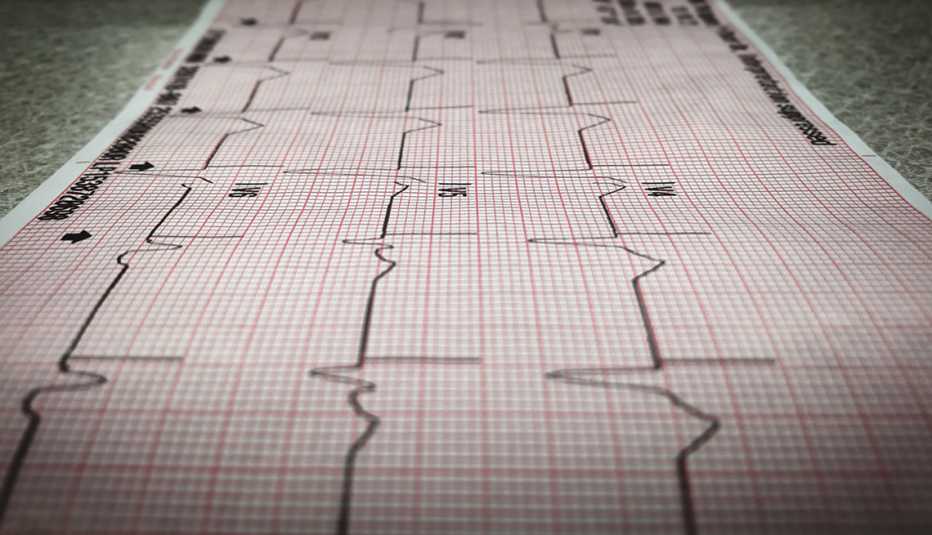AARP Hearing Center


Thanks to advances in treatment and technology, patients who would have died from heart failure five years ago now have a shot at surviving and having a better quality of life, too. “There are more effective therapies than ever before,” says Clyde Yancy, M.D., chief of cardiology in the department of medicine at Northwestern Feinstein School of Medicine in Chicago.
This is good news for the 6.2 million adults who have the condition, which carries a life expectancy of around five years for those not yet in the advanced stage. And while better treatments are arriving, heart failure rates are rising. Between 2011 and 2017, for instance, deaths from heart failure jumped by a whopping 38 percent, with most occurring among people 65 and older, according to a study published in JAMA Cardiology. Experts say this increase is largely attributable to rising rates of obesity and diabetes, which lead to the condition. Plus, medical and technological advances have made it possible for people to live longer with heart disease, which can progress to heart failure.
What a diagnosis means
Heart failure doesn't mean the heart has stopped working; rather, it occurs when the organ is unable to pump an adequate supply of blood and oxygen to the rest of the body. Without the needed supply of nutrients and oxygen that blood brings, cells all over the body suffer. Sufferers may experience symptoms such as fatigue during everyday activities; buildup of fluid in the body, including swelling in the feet, ankles, legs or abdomen, or weight gain; dizzy spells; persistent coughing or wheezing; confusion and impaired thinking; and increased heart rate or heart palpitations.
If you've been diagnosed with heart failure, ask your doctor if you're a good candidate for one or more of the following therapies. In some cases patients with heart failure may benefit from a combination of treatments.
Targeting blood sugar with SGLT2 inhibitors
Until recently, three classes of drugs were available to treat heart failure: ACE-inhibitors, beta-blockers and aldosterone antagonists. All were reasonably effective, but now a fourth class — SGLT2 (sodium-glucose co-transporter 2) inhibitors, which were designed for diabetics — is offering new hope for symptom relief, a better quality of life and longer survival, Yancy says. These drugs ease the burden on the heart by lowering blood sugar levels, eliminating blood sugar in the urine, reducing pressure on the kidneys and jump-starting weight loss, explains Deepak Bhatt, M.D., executive director of Interventional Cardiology Programs at Brigham and Women's Hospital in Boston.
One SGLT2 inhibitor, dapagliflozin, has been approved by the Food and Drug Administration (FDA) for patients with a weak heart, a common cause of heart failure. A weak heart can be caused by a heart attack, heart valve disease or a viral infection. Another common cause of heart failure is a stiff heart — the result of the organ's contracting normally but not relaxing properly, causing fluid to back up into the lungs. The FDA may soon approve other SGLT2 inhibitors for heart failure patients with weak and stiff hearts, Bhatt says.



































































More on health
7 Heart Numbers That Could Reveal Health Risks
Do you know the chances of having a heart attack or stroke? These measurements offer important cluesReal People, Real Heart Attack Stories
Readers react with their own tales of survival in their own wordsYour Cardiovascular Health After 50
How can I keep my heart in top shape?